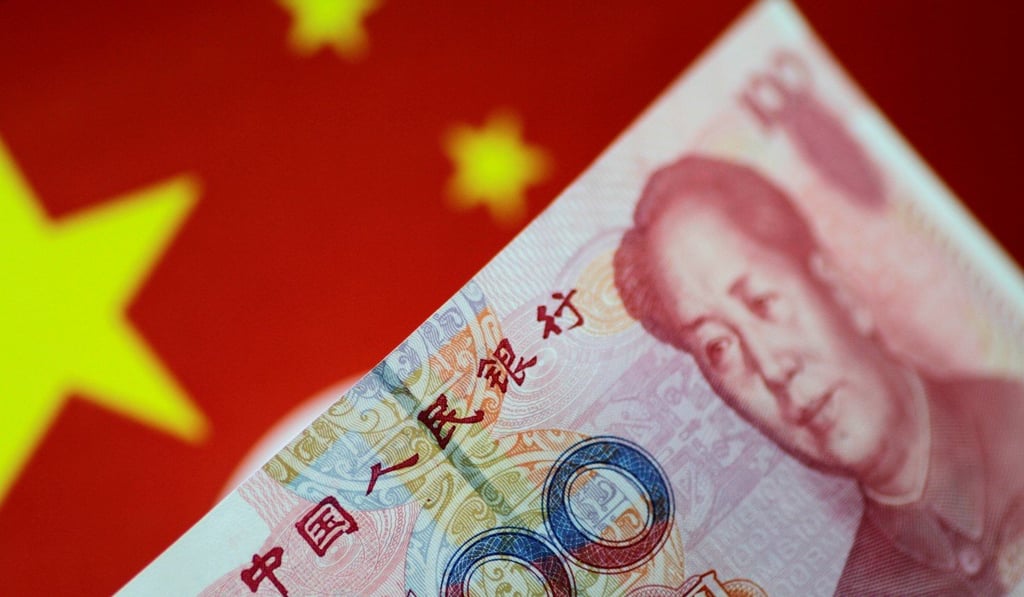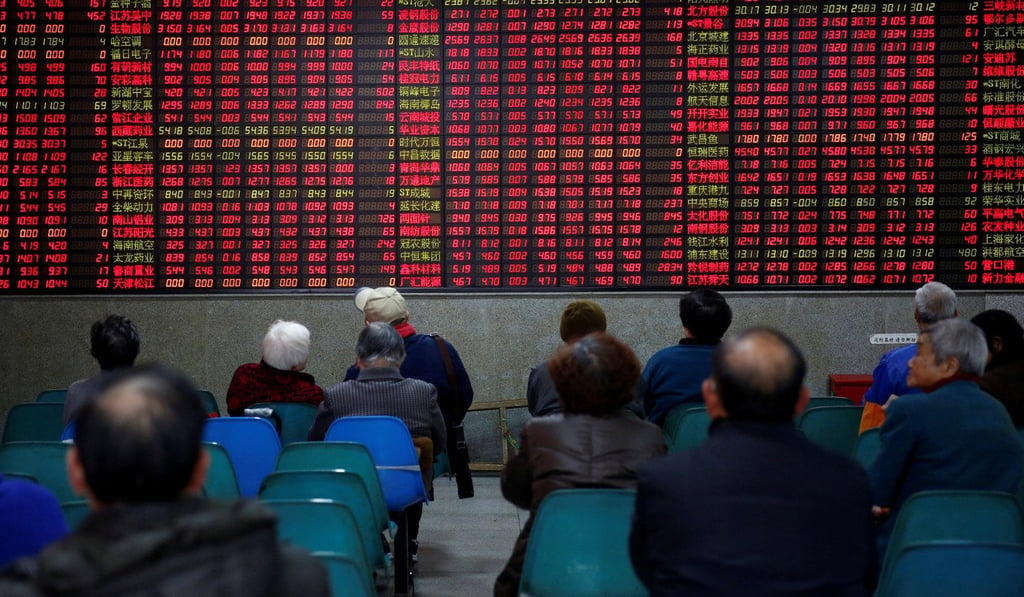China’s more open capital markets will aid its rise as a global financial hub
Thomas Deng says the inclusion of onshore Chinese A-shares by the MSCI global equity index and the start of the Bond Connect will promote foreign ownership of mainland assets, and the resultant inflow of funds will lead the way to liberalisation

After a painful defeat by the Kuomintang in 1934, Mao Zedong ( 毛澤東 ) led the People’s Liberation Army on a series of marches across 9,000km of the Chinese hinterland. The journey would be called the Long March, and Mao’s leadership during the 370-day expedition would endear him to soldiers and civilians alike. Many historians credit the event with the leader’s ascent to power.
Why China’s MSCI breakthrough is the most important non-event of the year

Renminbi internationalisation is gaining momentum again
However, there is much work to be done if the Communist Party is to attain its lofty financial goals. China’s economy may be the second largest globally, but, according to Swift (the Society for Worldwide Interbank Financial Telecommunication), renminbi usage accounted for only 1.6 per cent of transactions globally in May, making it the seventh most transacted currency, and a minnow compared to the 42.1 per cent market share held by the US dollar. At the same time, US and European stock financial markets are considered far more stable and mature than China’s onshore market.

Still, China’s equity (second largest by total market cap) and bond (third largest) markets are among the biggest globally and are almost entirely funded by domestic investors. Heavy regulation has prevented non-mainland-Chinese investors from owning more than a smidgen of Chinese assets. For example, foreign currency borrowing still accounts for less than 5 per cent of total credit in China’s financial system.
Communist China’s becoming a key player in global capitalism
But this is set to change with the addition of onshore stocks into MSCI’s index family and the latest expansion of the Connect scheme, both of which share the vital goal of enticing foreign ownership of mainland assets. The MSCI inclusion could well trigger US$210 billion in inflows in the next five years, while the Bond Connect could lure around US$250 billion in passive flows over several years, once China is included in the top-three global bond indices (Citi’s World Government Bond Index, the Bloomberg Barclays Global Aggregate Index, and JPMorgan’s Government Bond Index-Emerging Markets).